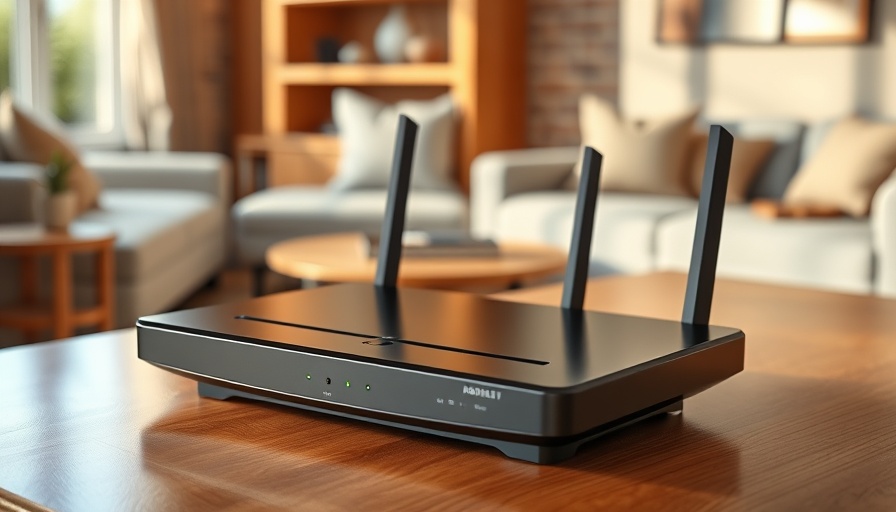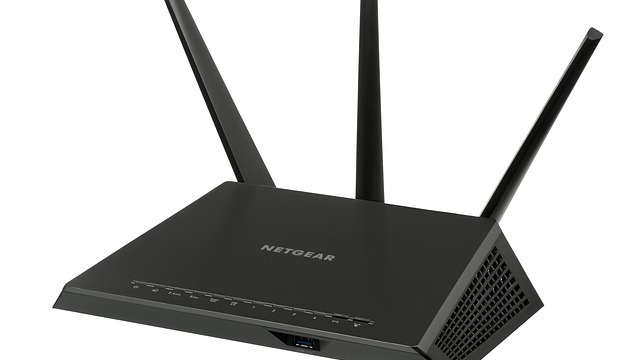
Understanding Your Home Connectivity Needs
In the rapidly advancing world of home internet solutions, many users find themselves at a crossroads when it comes to choosing between a mesh router and a Wi-Fi extender. This decision isn’t just about which device looks sleek or fits your decor; it’s fundamentally about serving the unique connectivity needs of your home. Evaluating the layout of your space, the number of connected devices, and your internet usage patterns can significantly influence which option will provide the best coverage and performance.
Mesh Routers: The Champions of Coverage
Mesh routers offer a revolutionary approach to wireless connectivity. Unlike traditional routers that emit signals from a single point, mesh systems comprise multiple nodes or units distributed throughout the home. This structure allows for a more unified and stronger signal, overcoming physical barriers like walls and floors. Recent tests show that mesh networks can effectively cover larger areas, making them ideal for sprawling homes or places with challenging layouts.
Wi-Fi Extenders: Cost-Effective Solutions
On the other hand, Wi-Fi extenders can be an economical choice for users looking to fill gaps in coverage without a hefty investment. These devices amplify an existing signal, making them a good solution for smaller homes or apartments where a single router may not suffice. However, they may introduce latency—leading to slower connections, especially in scenarios where high-speed data transfers are necessary. Choosing an extender often depends on immediate budget constraints versus long-term performance expectations.
Performance Comparison: Which is Faster?
When it comes to speed, many users have voiced concerns about potential trade-offs between a mesh router and a Wi-Fi extender. While extenders simply rebroadcast signals, mesh systems utilize intelligent routing protocols that choose the optimal path for data transmission. This often results in less lag and higher speeds, particularly in situations requiring bandwidth-intensive applications like streaming or gaming. According to various performance tests and studies, mesh networks tend to provide a more seamless connectivity experience.
Future Trends in Home Internet Technology
The landscape of home networking continues to evolve, with new advancements on the horizon. Upcoming technologies promise even faster speeds and more reliable connections, driven by innovations such as Wi-Fi 6 and the ongoing rollout of 5G. Users should consider not just their current needs but also future requirements—a mesh system may be a more resilient investment as home appliances grow increasingly smart and inter-connected.
Deciphering Your Dilemma: Mesh vs. Extender
The question of whether to invest in a mesh router or a range extender ultimately hinges on your unique situation. If your household boasts several users and devices with high data demands, a robust mesh system is more likely to suit your needs. However, if cost is of primary concern and your coverage needs are modest, a Wi-Fi extender may suffice. Analyze your environment, usage habits, and budget before making a decision.
Conclusion
In conclusion, understanding the nuanced differences between mesh routers and Wi-Fi extenders enables consumers to make informed decisions that improve their home internet experience. Whether you opt for the expansive coverage of a mesh system or the budget-friendly solution of a Wi-Fi extender, being mindful of your unique goals will help you select the right wireless champion for your home. Stay tuned for ongoing updates in technology as 2025 ushers in new innovations that may influence your connectivity choices.
 Add Row
Add Row  Add
Add 




Write A Comment